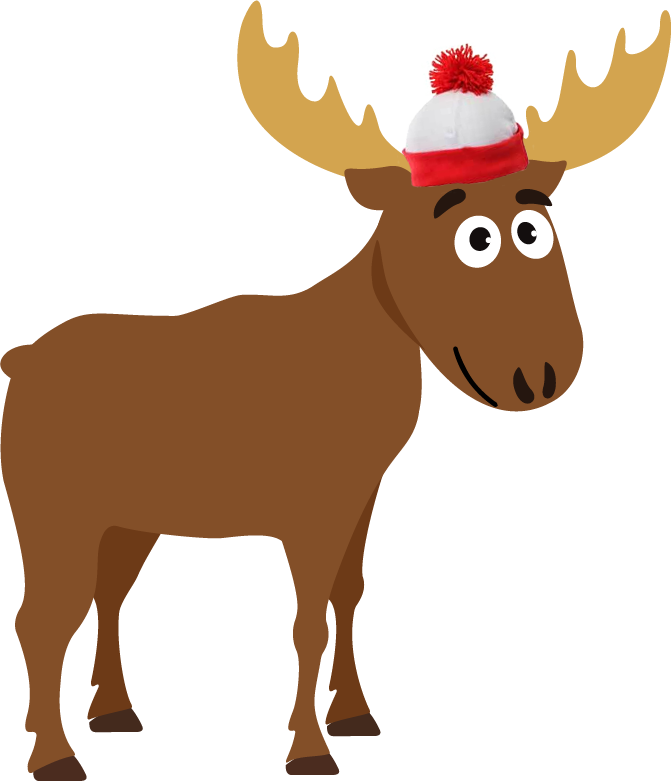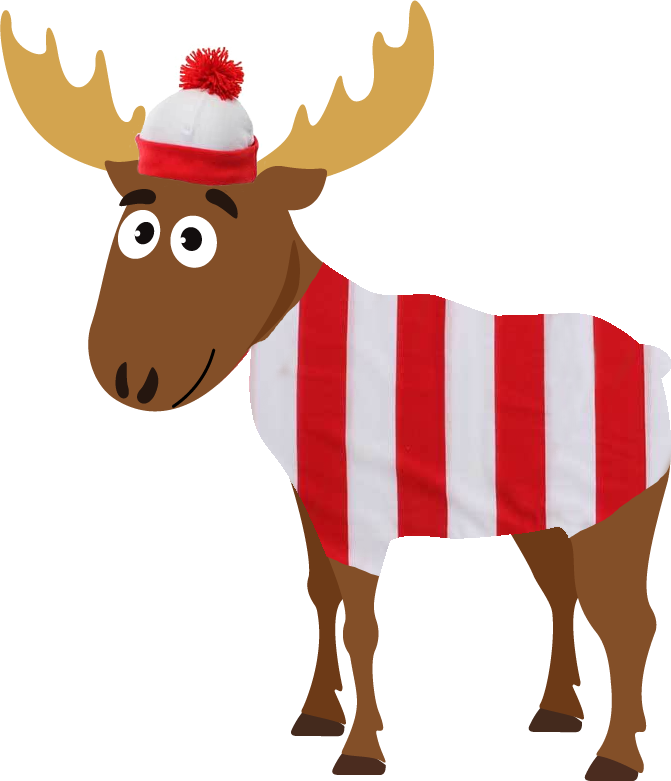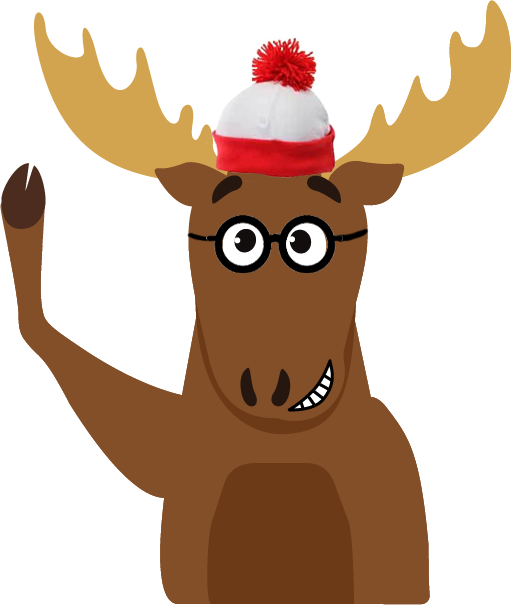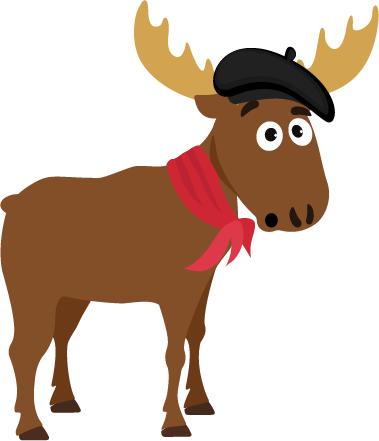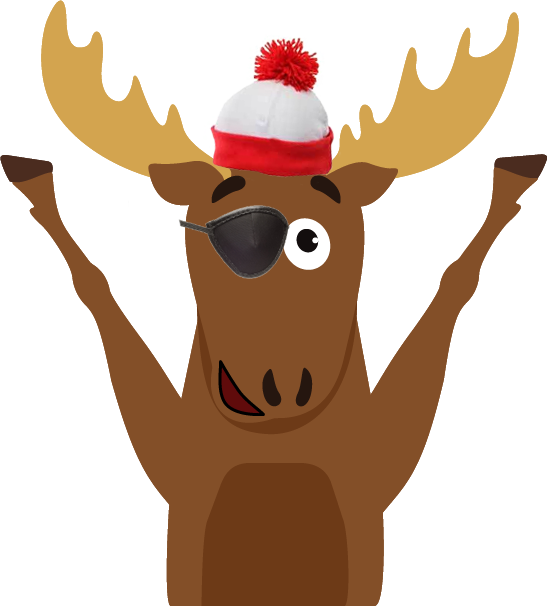Caption:
At more than 6,000 feet, Mount Washington is the tallest mountain in New England. The first person to climb it was an Englishman named Darby Field. The Abenaki had warned Field that it was dangerous to go to the top of Mount Washington because of “evil spirits,” but the real danger was the terrible weather conditions so high up. No one knows why Field was so determined to make such a difficult climb, although there were rumors at the time that there were precious gems, like diamonds, high up in the mountains. After Field's climb to the top, no one else seemed interested in Mount Washington until after the American Revolution, more than 100 years later.
